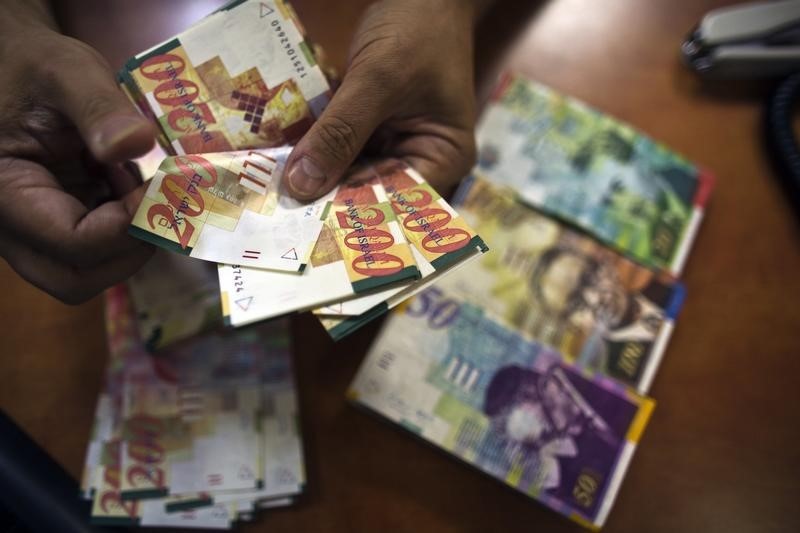Street Calls of the Week
The ongoing Israeli-Gaza conflict, triggered by a Hamas cross-border attack, has led to a significant drop in Israel's foreign reserves, reaching a year-low of $191.2 billion in October, down from $198.55 billion in September. The conflict has not only resulted in severe economic strain but also a staggering human cost, with Palestinian deaths surpassing 10,000, including over 4,000 children and nearly 3,000 women, and Israeli fatalities nearing 1,600.
To mitigate the financial crisis resulting from the war, the Bank of Israel has introduced a substantial support package. The package, worth $45 billion shekels, is aimed at alleviating the economic pressure caused by the conflict.
Since the conflict began, the central bank has undertaken currency interventions to stabilize the economy. These interventions included an $8.2 billion sale that contributed to the recovery of the shekel from all war-related losses. However, these actions also led to the foreign reserves falling to their lowest level in a year.
In light of these developments, it becomes clear that the Israeli-Gaza conflict has had profound implications for both the human life and economy of Israel. The Bank of Israel's intervention underscores the severity of these implications and highlights the necessity for measures to support economic stability during times of conflict.
This article was generated with the support of AI and reviewed by an editor. For more information see our T&C.
